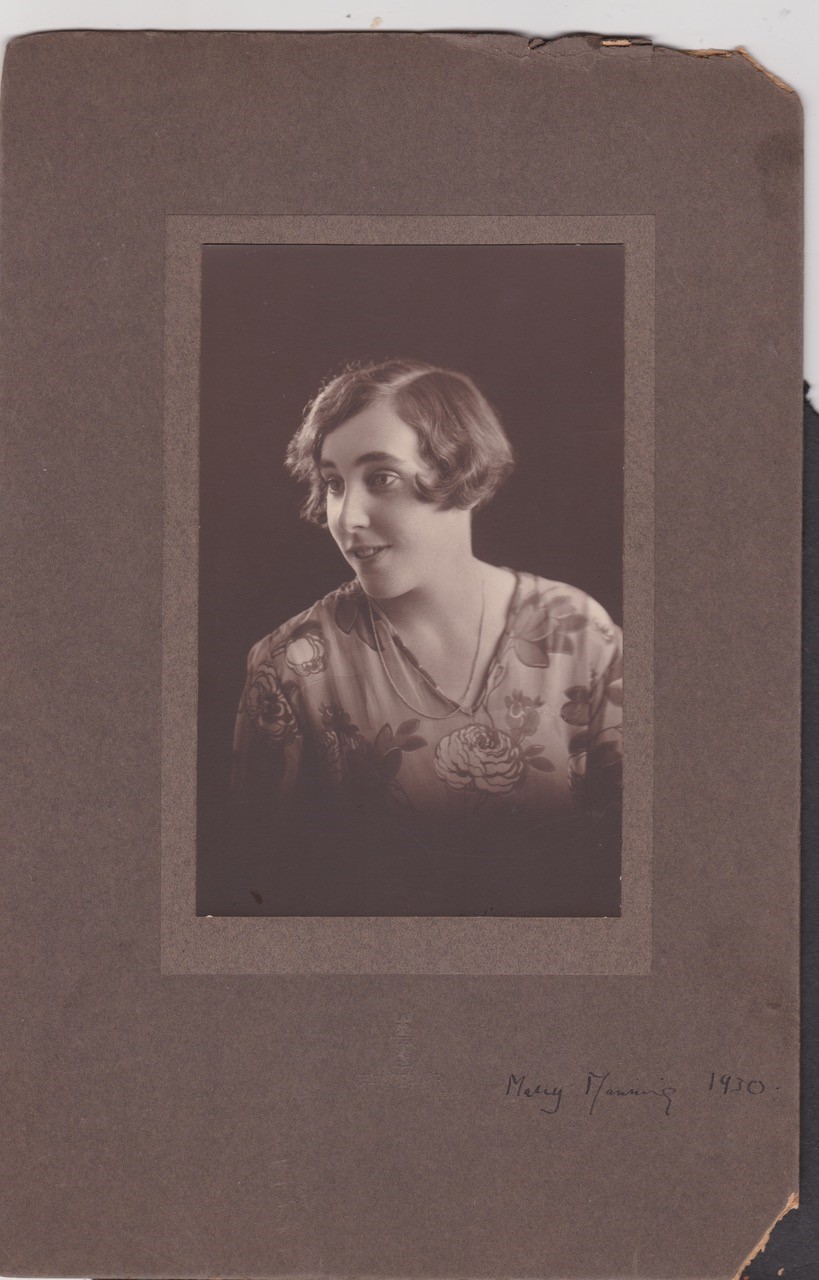Youth’s the Season – ? invites contemporary audiences to experience Mary Manning’s scintillating—and devastating—depiction of a young, privileged generation struggling to find its purpose in an equally youthful Irish state. Director Sarah Jane Scaife noted how the play resonated with her: “Recognising that all the same frustrations, fears of war, and anxieties of being different or not fitting in that are experienced by the youth today are written into this play by a young woman in her early twenties, in 1930.” It’s striking to consider that this production easily might never have happened; only through Scaife’s tireless advocacy have 21st-century audiences been granted the opportunity to experience Manning’s work.
The Abbey Theatre’s commitment to interrogating and reimagining the Irish classical canon includes reviving overlooked voices in Irish theatre history. In the spirit of the Gregory Project, the Abbey have undertaken a research initiative to rediscover plays by female playwrights spanning centuries of Irish theatre history. This remit includes any playwright who identifies as female and those who are citizens, long-term residents, or part of the Irish diaspora—a definition drawn from the excellent two-volume collection, The Golden Thread: Irish Women Playwrights, 1716–2016. Building on the invaluable work of Abbey Theatre archivist Mairéad Delaney and scholars like Melissa Sihra, Cathy Leeney, David Clare, Fiona McDonagh, Justine Nakase, and many others, I have been tasked with compiling a database of Irish female playwrights—so far dating back to 1693—in my role as Script Associate in the Abbey’s Literary and New Work Department. Our aim is to locate extant scripts, making them accessible for theatre practitioners eager to read and rediscover these often-overlooked plays. Time and again, we are astonished by how these works—despite being years or even centuries old—feel immediate, relevant, and urgent.

To mark Youth’s the Season – ?, we are sharing some of the scripts that have captured our imagination. This list is not exhaustive or exclusive—it is impossible to choose a definitive selection from such a rich history. Nor are these plays positioned as if in opposition to the well-established male playwrights of Irish theatre; rather, they serve as a reminder that history is richer when it champions a diversity of voices. We hope that this selection sparks conversation and invites theatre-lovers to share their own favourites. Perhaps this list will even ignite a new romance between contemporary artists and the forgotten voices of the past—kindling fresh torchbearers for historic works, just as Sarah Jane Scaife so fiercely advocated for Youth’s the Season – ?.
Atonement (1918) by Dorothy Macardle
First performed on the Abbey stage, this gripping drama follows the Farraher family as they attempt to heal after the mysterious death of Mr Farraher, while a dark secret threatens their fragile happiness. Macardle poses an impossible question: is it better to conceal the truth to protect a family, or to seek a justice that might destroy them?
Broken Faith (1913) and Fidelity (1914) by Susanne R. Day with Geraldine Cummins
In Broken Faith, a wife’s loyalty to her feckless husband is tested after a terrible crime. Fidelity examines the conflict between love and duty when a man’s long-absent fiancée finally returns. Both plays boldly suggest that loyalty and poverty functioned as suffocating traps for Irish women.
Trifles (1916) by Susan Glaspell
Written by Pulitzer Prize-winning Irish-American playwright Susan Glaspell, this pioneering feminist work turns a crime drama into a psychological study. While self-important law officials seek a motive for a murder, two neighbouring women uncover clues that reveal a chilling portrait of loneliness and domestic abuse.
A Page of History (1964) by Eilís Dillon
A claustrophobic family drama about two spinster sisters and their bachelor brother, whose dwindling finances force them into an uneasy arrangement with their estranged sister-in-law. Dillon offers a stark, unsentimental perspective on the shifting fortunes of Ireland’s Anglo-Hibernian middle class.
The Whisperers by Frances Sheridan (1765) and Elizabeth Kuti (1999)
Frances Sheridan was a successful 18th-century novelist, playwright and mother of Richard Brinsley Sheridan. Her final play, A Trip to Bath, was never completed. In 1999, Elizabeth Kuti finished the remaining two acts for a production by Rough Magic Theatre Company, blending homage to Sheridan with her own unique skill. The result, The Whisperers, is a wickedly witty comedy questioning whether marriage is an act of love, commerce—or mere performance.
Outlook Unsettled (1976) by Mary Manning
This trilogy of one-act plays explores an Ireland where war—both at home and abroad—is ever-present. From aristocrats struggling post-independence (The Music Lesson, 1920) to a young actress navigating an acting class in the old Abbey Theatre (Drama Class, 1925), to a farewell before a lover departs to fight in Spain (On Tour, 1936), Manning’s socially incisive tragicomedy remains as sharp as ever.
Mount Prospect (1940) and The Dark Road (1947) by Elizabeth Connor (pseudonym for Una Troy)
Connor’s gothic drama Mount Prospect adapts her novel into a chilling tale of an overbearing widow slowly smothering her children in the name of duty. In The Dark Road, a fatal crime and subsequent pact to conceal it allow a Machiavellian anti-hero to manipulate his way to power—while justice and vengeance loom ever closer.
The Sparrow’s Fall (1959) by Patricia O’Connor
A chilling psychological drama first performed by the Ulster Theatre Group, this play follows a vindictive schoolteacher who wages psychological warfare on those she deems immoral. When her authority is challenged over a communion dress, she unleashes a vendetta against the Donovan family with severe consequences. This play lingers for its unflinching portrayal of a community complicit in victimisation cloaked in religious righteousness.
For readers and theatre artists, most of these scripts can be accessed through the Abbey Archives (appointment details available here), except for The Sparrow’s Fall (available at the National Library of Ireland) and Trifles (freely available online due to its out-of-copyright status). We hope these plays serve as an invitation to further exploration and conversation.

Dr Tanya Dean is a Lecturer in Drama and Programme Coordinator for the B.A. (Hons) in Drama (Performance) in the TU Dublin Conservatoire. She is currently the Script Associate for the Abbey Theatre.
On Wednesday, 23rd April, Dr Cathy Leeney and Dr Fergal Whelan, and panel chair Dr Tanya Dean, will offer a post-show discussion exploring the work of Mary Manning and the cultural context in which she wrote Youth’s the Season – ?. This conversation will delve into Manning’s contributions to Irish theatre, while also reflecting on the broader historical trend of female playwrights being overlooked in the literary canon. More details can be found here.


